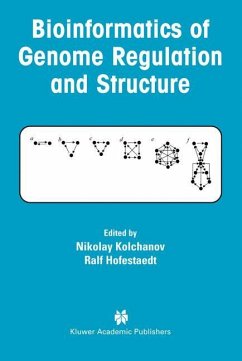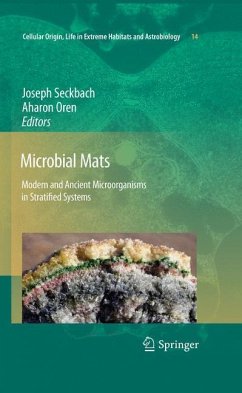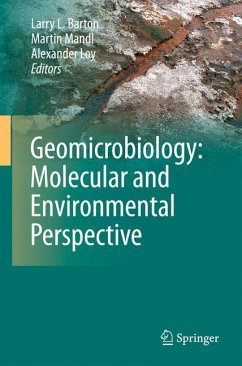
Applied Microbial Systematics

PAYBACK Punkte
20 °P sammeln!
Modern approaches to microbial classification and identification, particularly those based on nucleic acid analysis, have raised the awareness and interest of microbiologists in systematics during the past decade. The extended scope of the subject has revolutionized microbial ecology with the demonstration of uncultivable microorganisms as a major component of the biosphere and evolution, with the ribosomal RNA phylogenetic tree as the basis of current classifications. However, advances in microbial systematics have also had enormous impact on other, diverse aspects of microbiology such as ani...
Modern approaches to microbial classification and identification, particularly those based on nucleic acid analysis, have raised the awareness and interest of microbiologists in systematics during the past decade. The extended scope of the subject has revolutionized microbial ecology with the demonstration of uncultivable microorganisms as a major component of the biosphere and evolution, with the ribosomal RNA phylogenetic tree as the basis of current classifications. However, advances in microbial systematics have also had enormous impact on other, diverse aspects of microbiology such as animal pathogenicity, plant-microbe interactions and relationships with food.
In this book, we survey and discuss in depth the contribution of modern taxonomic approaches to our understanding of the microbiology of these various systems. The book does not concentrate on methods - these have been well reported elsewhere - instead it provides a unique insight into the application and value of modern systematics in diverse branches of microbiology. It will be of value to microbiologists at both research and technical levels who need to appreciate the range of organisms with which they work and the diversity within them. It will also be of value to teachers and students of microbiology courses who want to understand how systematics can enhance microbiology beyond the routine of classification, nomenclature, and identification.
In this book, we survey and discuss in depth the contribution of modern taxonomic approaches to our understanding of the microbiology of these various systems. The book does not concentrate on methods - these have been well reported elsewhere - instead it provides a unique insight into the application and value of modern systematics in diverse branches of microbiology. It will be of value to microbiologists at both research and technical levels who need to appreciate the range of organisms with which they work and the diversity within them. It will also be of value to teachers and students of microbiology courses who want to understand how systematics can enhance microbiology beyond the routine of classification, nomenclature, and identification.














